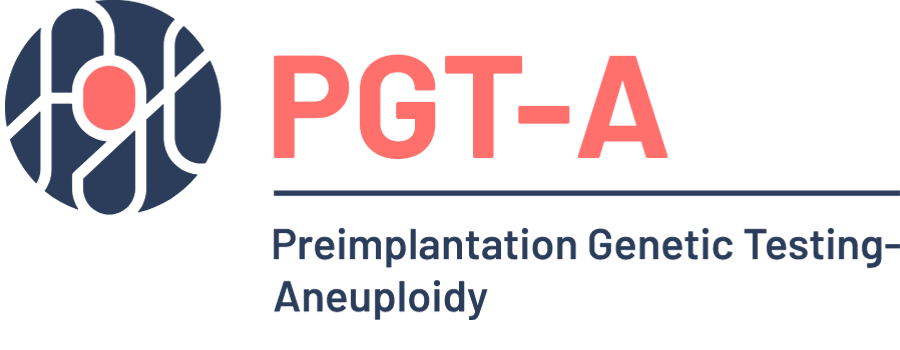

Chromosomes are intricate structures composed of both protein and DNA, located in the nucleus of cells of living organisms. Chromosomes contain genes, sections of DNA that encode for proteins that are needed for growth, development, and all other life-sustaining functions. DNA serves as an intricate instruction manual passed down from parents to offspring, dictating individual traits and characteristics. People usually have a total of 46 chromosomes, receiving 23 from each parent through sperm and egg cells. These chromosomes are arranged in pairs, with 22 numbered chromosomes (autosomal) and a pair of sex chromosomes. However, deviations from this standard chromosomal arrangement, known as aneuploidy, occur when there is an abnormal number of chromosomes, leading to genetic disorders and developmental abnormalities.
Learn More

What is it?
Preimplantation Genetic Testing for Aneuploidy, PGT-A, is a genetic screening technique that is done in conjunction through in vitro fertilisation (IVF) to screen embryos for the correct number of chromosomes. Aneuploidy, characterised by an abnormal chromosome count, can lead to failed implantation or developmental issues if the embryo is transferred to the uterus. PGT-A identifies embryos with the correct chromosome count, thereby increasing the liklihood of a successful pregnancy and reducing the risk of certain genetic disorders. Aneuploidies can arise from abnormal chromosome numbers in either the egg or the sperm, resulting in conditions such as Down syndrome (trisomy) or Turner syndrome (monosomy). These abnormalities can lead to implantation failure, miscarriages, foetal death, and newborns with developmental issues.
*Please note you will need your doctor to order this test for you.

Who's it for?
Testing for aneuploidy is typically recommended for individuals or couples undergoing IVF treatment in the following circumstances: (1) advanced maternal age, (2) history of recurrent miscarriages, (3) failed IVF cycles/implantation failure, (4) unexplained infertility, and (5) known genetic predisposition to chromosomal abnormalities.
It is well known that the risk of chromosomal abnormalities increases significantly with the mother’s age. With regards to Down syndrome, the risk of giving birth to a new-born with this condition is 1 in 2,000 at the age of 20, 1 in 900 at the age of 30, and 1 in 100 at the age of 40. For this reason, PGT-A is recommended for women who are over 35 years of age. However, it is important to note that there is still a high incidence of babies born with Down syndrome to mothers who are under 35 years of age. For this reason, individuals/couples may also opt to include PGT-A as part of their IVF journey if they want to increase their chances of a successful pregnancy outcome. Ultimately, the decision to include PGT-A testing as part of your IVF journey should be done in consultation with your fertility specialist, taking the above factors into consideration.
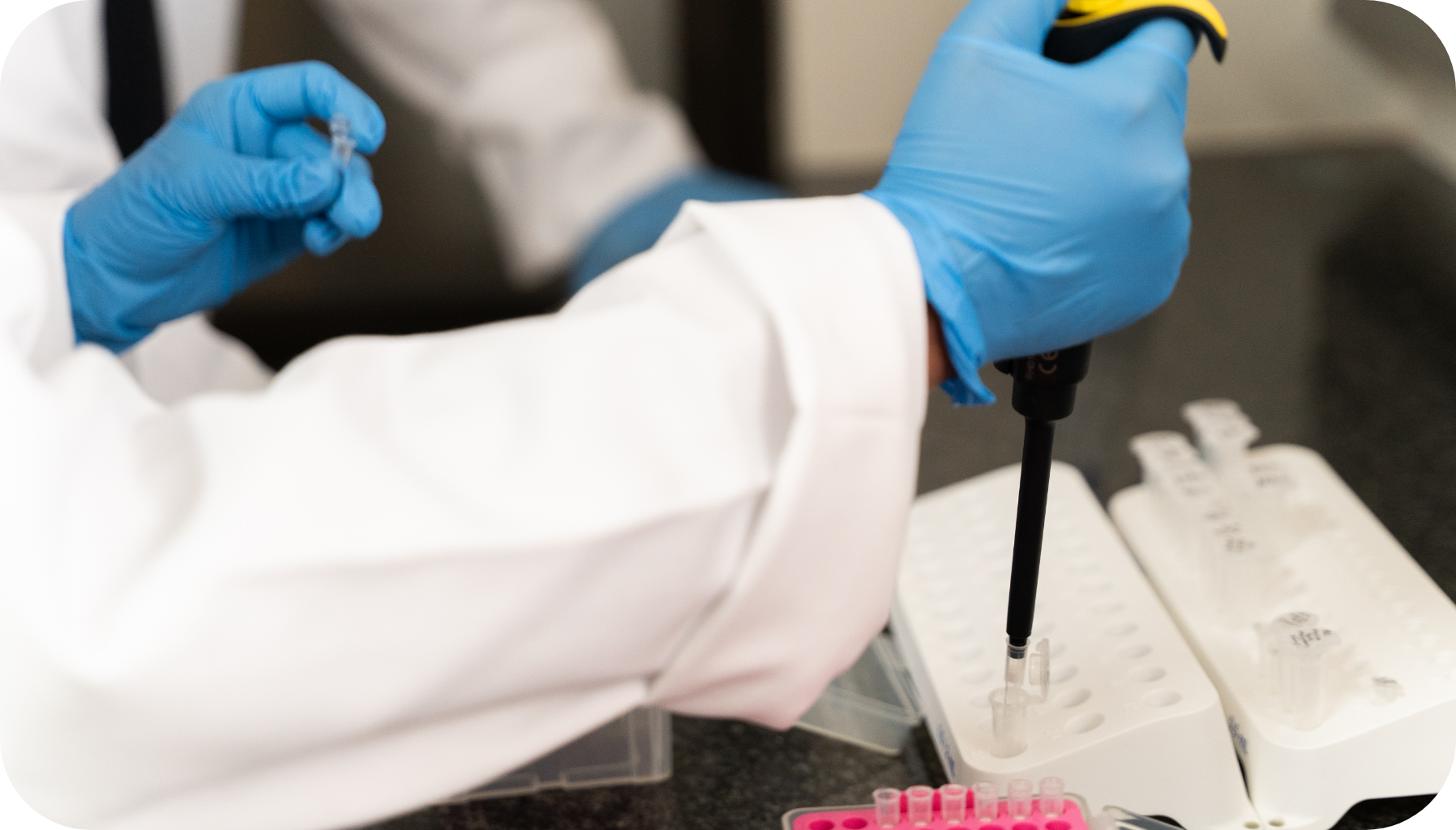
When is it done?
PGT-A is facilitated through your fertility clinic, requiring your doctor to initiate the testing process. Typically, PGT-A is performed alongside PGT-M, which screens for monogenic disorders. After undergoing IVF, the embryos are nurtured in a laboratory for approximately five to six days until they reach the blastocyst stage. At this point, an experienced embryologist will delicately remove a small number of cells from the trophectoderm, i.e. cells destined to form the placenta. This biopsy procedure carries minimal risk to the embryo’s well-being, allowing it to continue developing normally. The biopsied cells will then be dispatched to FutureGen laboratories for PGT-A analysis. On completion, the test results are forwarded to your referring clinician. Only euploid embryos, those with the correct number of chromosomes, are deemed suitable for transfer into the uterus during an IVF cycle.

How does it work?
Embryos carrying chromosomal abnormalities are not detected using a standard microscope, necessitating the use of highly sensitive testing methods. PGT-A represents a cutting-edge genetic technique utilised to screen embryos for such abnormalities. At FutureGen, we uphold commitment to excellence, using state-of-the-art equipment and ethical practices. Our goal is to furnish patients comprehensive information, empowering them to make an informed decision in their fertility journey. Integrating PGT-A into the IVF process prior to embryo implantation holds the potential to enhance the likelihood of having a successful IVF outcome. Once the data is analysed, the results are sent to your referring clinician and genetic counselling may be recommended based on the findings.
We have four package options
Our packages allow you to test all your options, affordably and efficiently
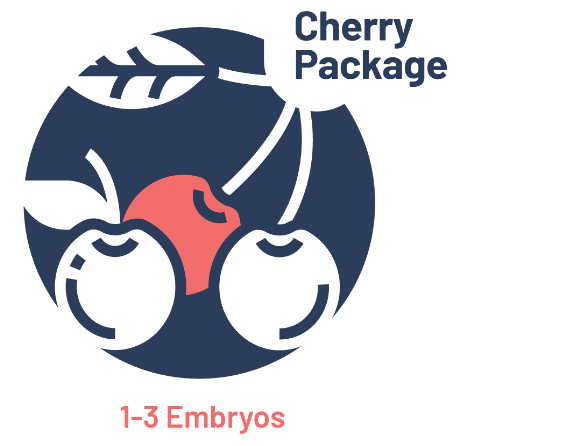
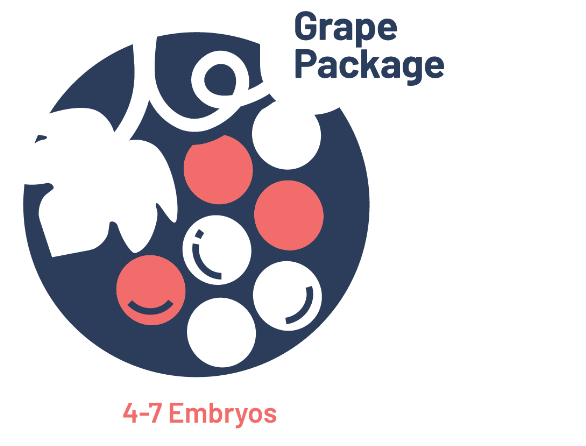
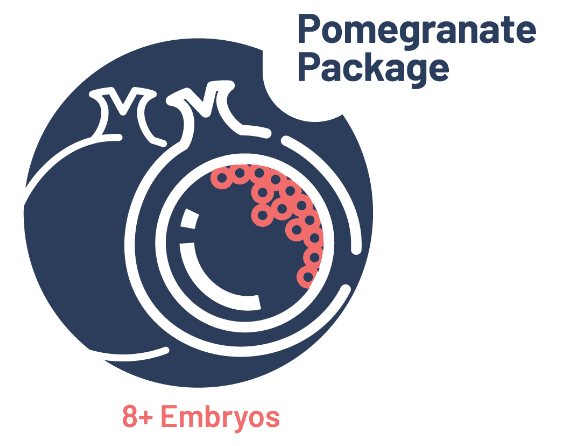
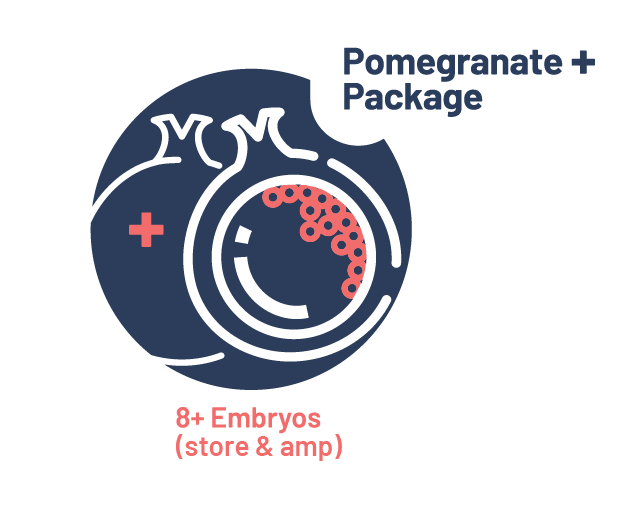
What is PGT-A?
